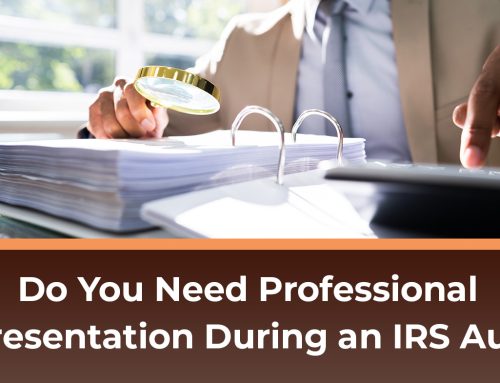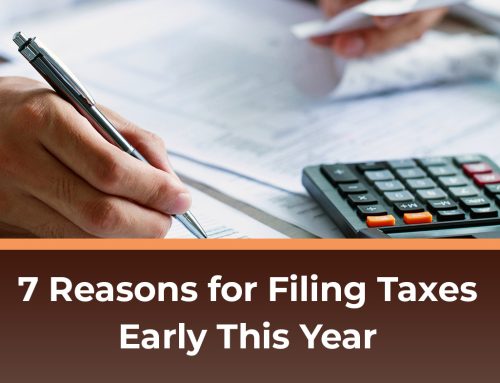Maintaining good tax records throughout the year can help to alleviate unnecessary headaches during tax time. Whether you’re a small business owner or an individual taxpayer, here are some tips on how to keep organized records.
Organize by Category
The best way to get started with keeping good tax records is to create a system to help you stay organized.
It’s easy to lose a piece of paper, especially when you have lots of other loose documents floating around. A filing system is an old method, but it’s stuck around because it works. For your folders, label them by category so all your documents have a home. To give you a head start, here are some categories you’ll likely want to use for your folders:
- Income (like a W2 or 1099)
- Banking (mortgage, investments, retirement savings, etc.)
- Home and property
- Charitable donations
- Child care receipts (if you have young dependents)
- Business income
- Business expenses (this and the one above are for if you have a side hustle or small business)
Whenever you get any document, bill, or receipt, make it a habit to put it in its place immediately.
Utilize Technology
Using old-school filing systems work, and that’s why we keep them around. But even introducing technology into your record-keeping system in a small way can make things more efficient and more secure. For example, if you’re looking for a specific file, doing a quick search on your computer is a lot quicker and easier than digging through paper files. It can also help to have digital backups in case of accidents or misplacements.
Write Notes on Receipts
If you are reporting 1099 income and deducting job-related expenses, you’ll need to keep track of your receipts. This means your receipts will need to include the amount, location, date, and type of expense.
For example, if you want to write off a meal you had with a potential vendor, your receipt will need to show the name of the restaurant, the location, the date, who attended the meeting, the total paid, and a note to indicate that it was a business lunch to discuss vendor opportunities. To make things easy, just note details directly on the receipt. You’ll never be confused about what receipt was for what come tax time. And don’t forget: put the receipt where it belongs right away so you don’t misplace it.
Separate Business and Personal
Personal and business expenses don’t mix, especially if you have to sort through them at the end of the year to figure out which is which.
When it comes to tax records, always remember to keep your personal and business income and expenses completely separate from each other. This includes documents and receipts. Keep two separate filing systems (whether physical or digital) so you don’t mix the two up.
Another way to help keep your business and personal records separate is to have separate credit cards. Have a business credit card and use it to pay for all your business expenses with it. Not only will this help you avoid mingling business and personal expenses together, but at the end of the year, your credit card statement offers a good record of all your business spending.
Store Post-Tax Season
When tax season is over, you might be in spring cleaning mode and want to rid yourself of all the documents you’ve had to keep. However, try and avoid the urge to purge all your tax records just yet.
The IRS recommends keeping your tax records for three years. This is to help you in case you’re audited, need to amend a return, or learn about a tax break you should have claimed. So it’s a good idea to ensure you not only hold onto your documents after tax season but ensure they’re well protected. If you’re storing returns online, it’s a good idea to use a password manager or, if possible, set up two-factor authentication. If you’re keeping paper returns, ensure your filing cabinet has a lock. Once it’s time to dispose of old documents, shred them using a cross shredder.
What Do I Do if I Lost My Tax Documents?
So, what happens if you already lost some documents? First, don’t panic. Second, there is usually a way to get them back. Here’s how to get a copy back of some of the most commonly used tax documents.
- W2 – reach out to your employer’s payroll department or HR. If you still can’t get a copy, reach out to the IRS.
- 1099 for Interest and Dividend Income – take a look at your year-end bank statement or log into your investment account.
- 1099-NEC and 1099-MISC – if you’re a freelancer needing a 1099-NEC copy, contact the payer, and they can provide a copy. If you were involved in business dealings in which you received $600 or more and need a 1099-MISC copy, you can ask the payer to provide a copy. You can also self-report your income.
- Donation receipts – if your donation was less than $250, a printout of your bank statement should suffice for documentation for the IRS. If your contribution was more than $250, you need to get a note from the person or organization you donated to.
 Gaylor Tax Services is Here for You
Gaylor Tax Services is Here for You
Keeping good tax records is one step in ensuring your tax filing is a smooth process. Another step? Hiring tax professionals to help you throughout the year. At Gaylor Tax Services, we can assist you with tax compliance, tax filing, tax planning, and even support you in case of an audit. Our experts are here to answer your questions year-round, so do not hesitate to contact us. We are located in Phoenix, Arizona but can assist you anywhere in the state.
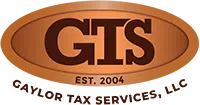
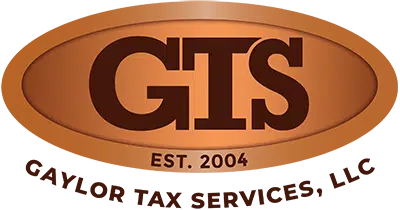
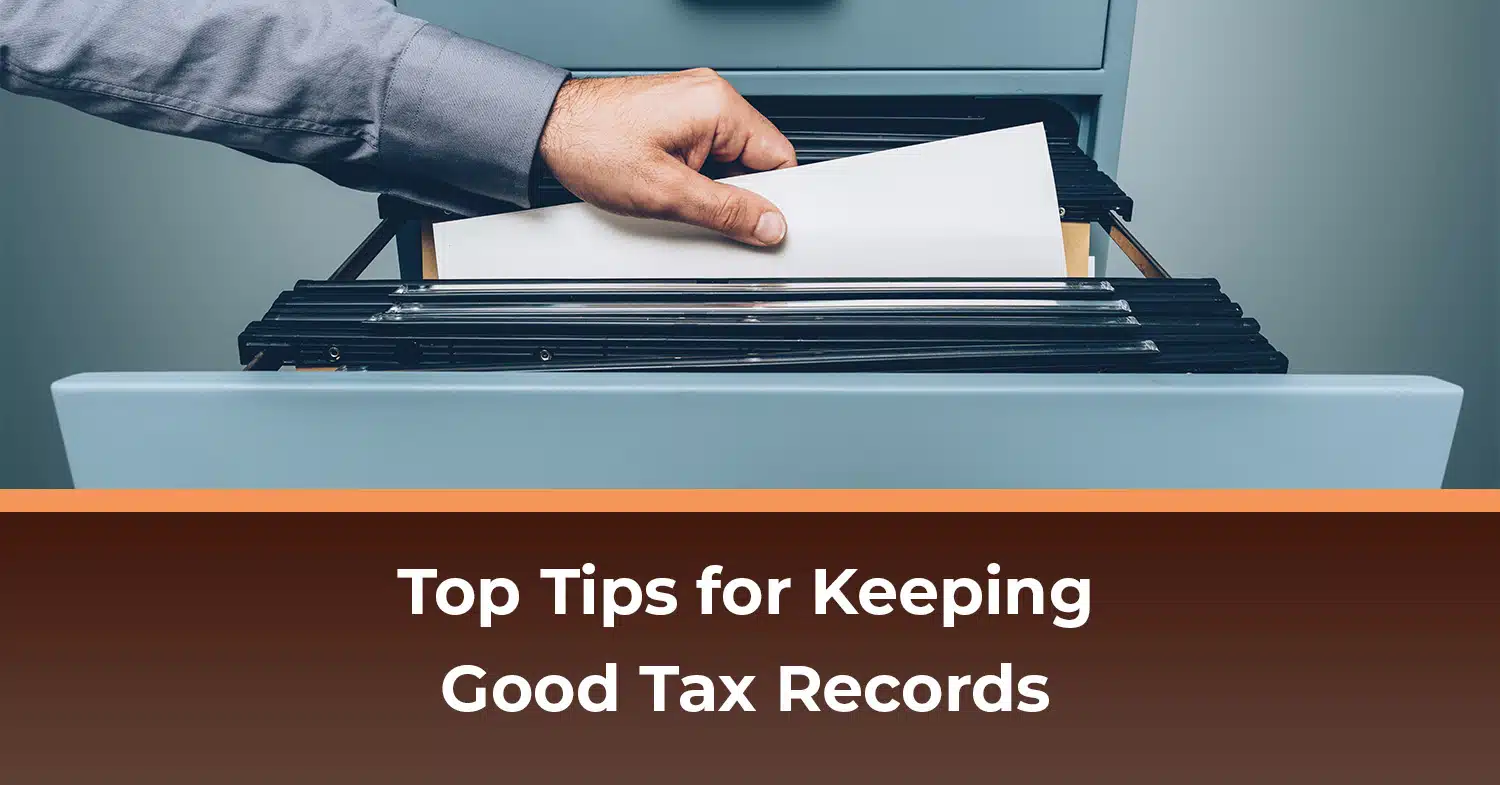
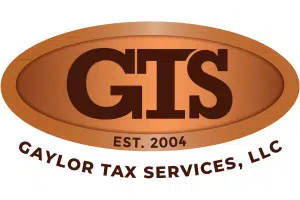 Gaylor Tax Services is Here for You
Gaylor Tax Services is Here for You